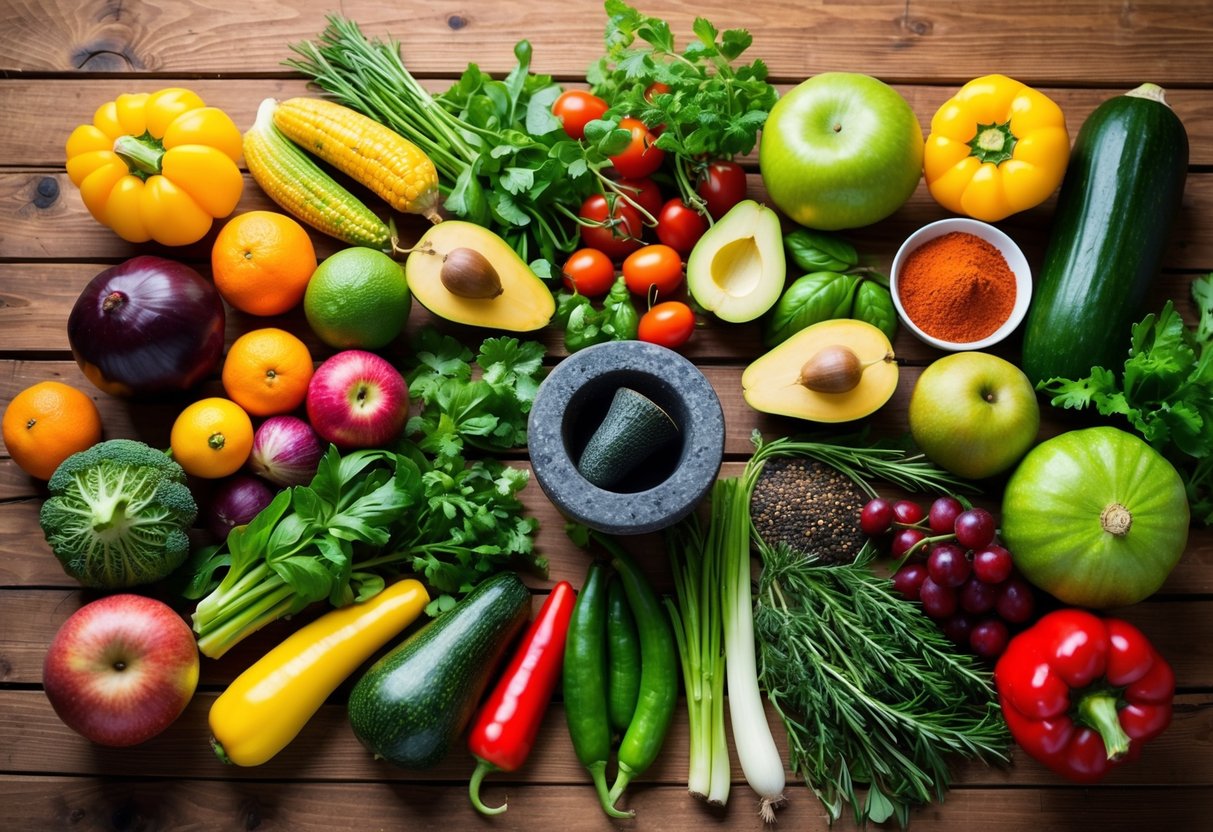Cost-Effective DIY Health Remedies: Natural Solutions to Common Ailments
The Role of Diet in Health

A well-balanced diet plays a crucial role in maintaining overall health. Nutrition impacts everything from hormonal balance to digestive health, making it essential for a healthy lifestyle.
Incorporating Antioxidants
Antioxidants are vital for boosting immunity and promoting overall well-being. Foods rich in antioxidants, such as blueberries, spinach, and nuts, help combat oxidative stress. Oxidative stress can lead to chronic illnesses and premature aging.
Including foods like citrus fruits, dark chocolate, and green tea can also reduce inflammation. Inflammation is a root cause of many diseases. Adding antioxidant-rich foods to one’s daily diet supports a strong immune system and optimal health.
Balancing Hormones with Nutrition
Diet plays an important role in maintaining hormone balance, which is fundamental to overall well-being. Certain foods can regulate hormonal activity, thereby improving issues like mood swings and energy levels.
Cruciferous vegetables such as broccoli and cauliflower contain indole-3-carbinol, a compound that aids in hormone regulation. Omega-3 fatty acids, found in fish and flaxseeds, help reduce inflammation and balance stress hormones. Managing insulin levels through a diet low in refined sugars and rich in whole grains also contributes to hormonal health.
Harnessing Plant Power
Harnessing the natural properties of plants can provide simple and affordable remedies for everyday health issues. Using readily available herbs and spices, one can combat inflammation and promote healing naturally.
Anti-Inflammatory Herbs
Certain herbs possess strong anti-inflammatory properties, making them valuable for treating various ailments. Turmeric, with its active compound curcumin, is widely recognized for reducing inflammation. Studies show that curcumin can help alleviate symptoms of arthritis and other inflammatory conditions.
Another effective herb is Boswellia, commonly known as Indian frankincense. It has been used for centuries in traditional medicine to treat inflammation. Boswellia extracts can aid in reducing pain and improving joint function.
Lastly, rosemary, commonly found in kitchens, contains rosmarinic acid. This compound has anti-inflammatory effects and can be used in dishes or as a tea to help reduce swelling and pain.
Healing Spices in Your Kitchen
Several common kitchen spices carry medicinal properties that promote healing. Ginger is notable for its anti-inflammatory and antioxidant properties. It can help reduce muscle soreness, lower blood sugar levels, and aid in digestion.
Cinnamon, another spice often used in cooking, has potent anti-inflammatory effects. Studies indicate that it can help lower the risk of heart disease by reducing inflammation and improving blood markers.
Clove, typically used in baking, has both anti-inflammatory and analgesic effects. It can be used to relieve toothaches, reduce inflammation, and combat infections. Clove oil can also be applied topically to treat minor wounds and insect bites.
Harnessing these herbs and spices allows individuals to address common health concerns naturally and cost-effectively by incorporating them into daily diet and routines.



